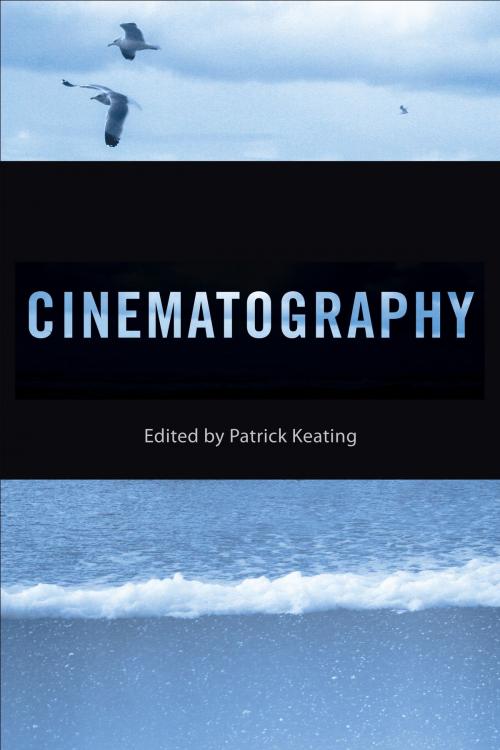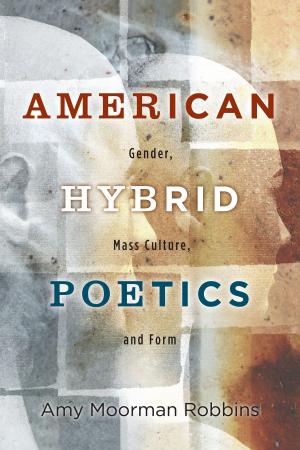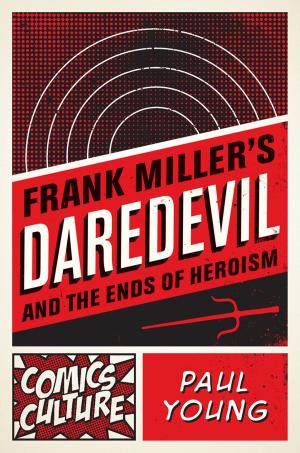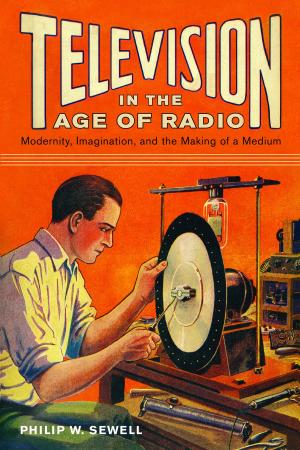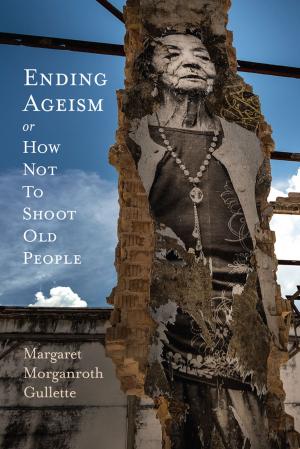| Author: | Patrick Keating, Lisa Dombrowski, Bradley Schauer, Paul Ramaeker, Christopher Lucas, Chris Cagle | ISBN: | 9780813572932 |
| Publisher: | Rutgers University Press | Publication: | July 18, 2014 |
| Imprint: | Rutgers University Press | Language: | English |
| Author: | Patrick Keating, Lisa Dombrowski, Bradley Schauer, Paul Ramaeker, Christopher Lucas, Chris Cagle |
| ISBN: | 9780813572932 |
| Publisher: | Rutgers University Press |
| Publication: | July 18, 2014 |
| Imprint: | Rutgers University Press |
| Language: | English |
How does a film come to look the way it does? And what influence does the look of a film have on our reaction to it? The role of cinematography, as both a science and an art, is often forgotten in the chatter about acting, directing, and budgets. The successful cinematographer must have a keen creative eye, as well as expert knowledge about the constantly expanding array of new camera, film, and lighting technologies. Without these skills at a director’s disposal, most movies quickly fade from memory. Cinematography focuses on the highlights of this art and provides the first comprehensive overview of how the field has rapidly evolved, from the early silent film era to the digital imagery of today.
The essays in this volume introduce us to the visual conventions of the Hollywood style, explaining how these first arose and how they have subsequently been challenged by alternative aesthetics. In order to frame this fascinating history, the contributors employ a series of questions about technology (how did new technology shape cinematography?), authorship (can a cinematographer develop styles and themes over the course of a career?), and classicism (how should cinematographers use new technology in light of past practice?). Taking us from the hand-cranked cameras of the silent era to the digital devices used today, the collection of original essays explores how the art of cinematography has been influenced not only by technological advances, but also by trends in the movie industry, from the rise of big-budget blockbusters to the spread of indie films.
The book also reveals the people behind the camera, profiling numerous acclaimed cinematographers from James Wong Howe to Roger Deakins. Lavishly illustrated with over 50 indelible images from landmark films, Cinematography offers a provocative behind-the-scenes look at the profession and a stirring celebration of the art form. Anyone who reads this history will come away with a fresh eye for what appears on the screen because of what happens behind it.
How does a film come to look the way it does? And what influence does the look of a film have on our reaction to it? The role of cinematography, as both a science and an art, is often forgotten in the chatter about acting, directing, and budgets. The successful cinematographer must have a keen creative eye, as well as expert knowledge about the constantly expanding array of new camera, film, and lighting technologies. Without these skills at a director’s disposal, most movies quickly fade from memory. Cinematography focuses on the highlights of this art and provides the first comprehensive overview of how the field has rapidly evolved, from the early silent film era to the digital imagery of today.
The essays in this volume introduce us to the visual conventions of the Hollywood style, explaining how these first arose and how they have subsequently been challenged by alternative aesthetics. In order to frame this fascinating history, the contributors employ a series of questions about technology (how did new technology shape cinematography?), authorship (can a cinematographer develop styles and themes over the course of a career?), and classicism (how should cinematographers use new technology in light of past practice?). Taking us from the hand-cranked cameras of the silent era to the digital devices used today, the collection of original essays explores how the art of cinematography has been influenced not only by technological advances, but also by trends in the movie industry, from the rise of big-budget blockbusters to the spread of indie films.
The book also reveals the people behind the camera, profiling numerous acclaimed cinematographers from James Wong Howe to Roger Deakins. Lavishly illustrated with over 50 indelible images from landmark films, Cinematography offers a provocative behind-the-scenes look at the profession and a stirring celebration of the art form. Anyone who reads this history will come away with a fresh eye for what appears on the screen because of what happens behind it.
